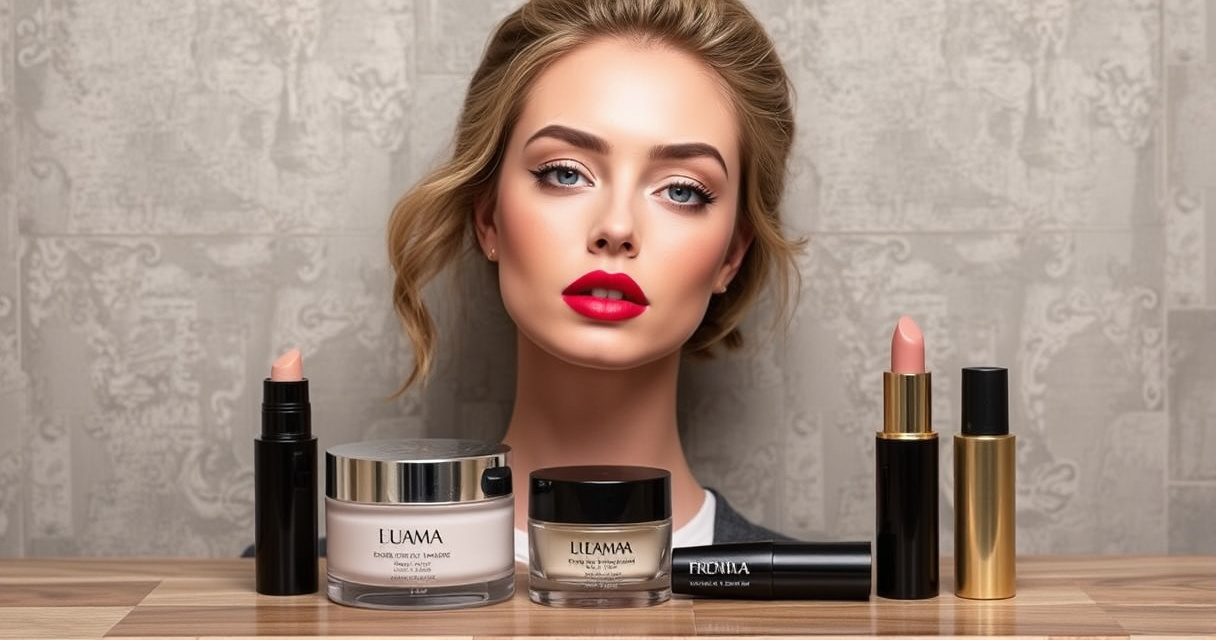News
The future of beauty: how AI is revolutionizing personalized skincare

The evolving role of artificial intelligence in transforming personalized beauty products and meeting consumer expectations for a more tailored experience in the beauty industry.
The beauty industry is currently undergoing a profound transformation driven by the integration of artificial intelligence (AI) into product personalization. A 2025 survey revealed that 72% of Generation Z anticipates skincare and makeup products to be increasingly customized to individual needs. This topic took center stage during the discussion titled “Ingredients and Artificial Intelligence: The Automated Future of Beauty” at Cosmoprof Worldwide in Bologna, where industry experts shared insights on the future of beauty personalization. Key themes include consumer education, innovation in beauty, the demand for sustainable ingredients, and the irreplaceable value of human touch in the beauty experience.
Educating consumers on personalized beauty
Nahla Bekkara, Business Development Specialist at Haut.AI, emphasized the critical need to educate consumers about personalized beauty. She highlighted the importance of helping people differentiate between their desires and actual needs. While social media exerts a significant influence on beauty choices, addressing specific consumer issues is essential for building trust and loyalty. Bekkara stressed that a personalized approach should not merely follow trends but also cater to practical and everyday needs.
Innovation in the beauty sector
Karen Ho, co-founder and CEO of Gravel AI, discussed the innovative potential of AI in the realm of raw materials. AI enables rapid testing of ingredient efficacy, considerably speeding up the product development process. Ho noted that AI helps identify the most suitable active ingredients for various beauty products, allowing the industry to respond more precisely to market demands. This technological advancement not only accelerates development but also enhances product effectiveness and relevance.
The growing demand for sustainable ingredients
Nima Salehi, global head of technology and online channels at The Inkey List, pointed out the increasing consumer interest in ‘clean’ and certified products. The company is implementing strategies to shorten supply chains, ensuring transparency and sustainability. A significant goal of AI usage is developing unique digital labels for each product, providing detailed information on production processes, from ingredients to logistics. Monica Coffano, Account Manager at Temera, added that these labels also ensure compliance with local regulations, especially regarding sustainability.
The indispensable human element in beauty
Salehi further emphasized the crucial role social media plays in promoting new products. However, he cautioned that the audience is becoming younger, and successful products often attract unintended target groups. Therefore, the industry must be bold in explaining and offering appropriate solutions. Karen Ho concluded by asserting that despite AI’s ability to provide extensive information, the human element remains irreplaceable. Beauty is a complex sensory experience, influenced by emotions and factors that AI cannot yet quantify. The challenge for the beauty sector will be integrating technology and humanity into a balance that meets consumer needs.
As the beauty industry continues to evolve with AI, the focus remains on merging technological advancements with human insights to provide personalized solutions that resonate with consumers on both practical and emotional levels.
Riproduzione riservata © - WT











